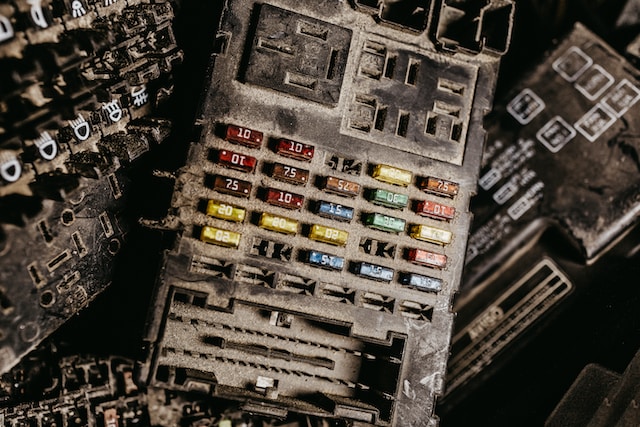Computer recycling reduces the amount of electronic waste that ends up in landfills. This waste contains harmful chemicals like lead, cadmium, mercury, and hexavalent chromium, which leach into the soil and water.
Almost all computer parts can be recycled, including glass, metal, and plastic. These materials are used to make new computers.
Reduces Greenhouse Gases
Computer recycling helps conserve the environment by limiting the new materials needed to build computers. It also limits the number of waste materials sent to landfills. In addition, recycling computers helps limit the use of harmful chemicals and toxins in production processes.
The first step in computer recycling involves removing hazardous materials from the equipment. This includes batteries, toner and ink, mercury bulbs found in scanners and printers, and cathode ray tubes from monitors that contain lead. This is an integral part of the process because these substances can cause illnesses in people when disposed of improperly.
The computer parts are manually dismantled and separated into reusable and nonreusable components. The reusable parts are sold to manufacturers to build new computers, while the nonreusable details are shredded and disposed of properly. Sometimes, refurbished computers can be donated to local charities and organizations, such as schools and low-income families that would otherwise not have access to technology.
Saves Resources
As technology evolves and new computer models are released, it is expected to have old computers that you no longer use. It is important to recycle these electronics instead of throwing them out with conventional garbage because they contain hazardous materials that can cause environmental and community damage if thrown away.
By recycling these devices, you can help prevent the dangerous chemicals used in manufacturing (like lead, chromium, and mercury) from leaching into the soil and local waterways. These harmful chemicals can pollute the environment and create toxins for humans and animals.
Computer recycling also helps to reduce the need for mining and extraction of raw materials, which saves energy. In addition, it helps create more jobs for the people who are involved in the processing of these materials. Almost all computer manufacturers now offer a take-back recycling program through their retail partners, mail-in programs, or websites.
Recycles Metals
Computer recycling allows you to reclaim valuable metals like aluminum, copper, and iron. These metals are used to manufacture new products and help reduce reliance on raw materials from natural sources that take a lot of energy to mine.
Another valuable resource recovered through computer recycling is cobalt. This mineral is used to make lithium-ion batteries, which power modern computers and mobile devices. It takes a lot of energy to mine cobalt, so recycling computer parts helps save both energy and resources.
Many electronic products contain toxic chemicals and heavy metals that are harmful to the environment when thrown away with other trash. When computer equipment is thrown into landfills, these unhealthy substances seep into the soil and water. When you recycle your computer, these dangerous materials are removed from the environment and made into new equipment that can be used by people who need them. Keeping these toxins out of the environment helps protect human and animal health.
Gives Back to the Community
Computer recycling is an excellent way to give back to the community. Recycled computers are often donated to charitable organizations to help them stay connected to the digital world. These donations can also provide income for individuals who sell the equipment.
Many components that make up a computer are recyclable, including metals like copper and gold, glass, and plastic. Reusing these materials reduces the need to collect and mine new resources, limiting environmental impacts.
When old computers are dumped in landfills, toxins such as mercury, lead, and cadmium can leach into the soil and cause serious health problems for humans and animals. Computer recycling prevents these harmful substances from polluting the environment by ensuring they are appropriately recycled. Moreover, recycled electronics are more accessible to repair and maintain than new ones. This is an essential factor in reducing the overall cost of computer ownership.

